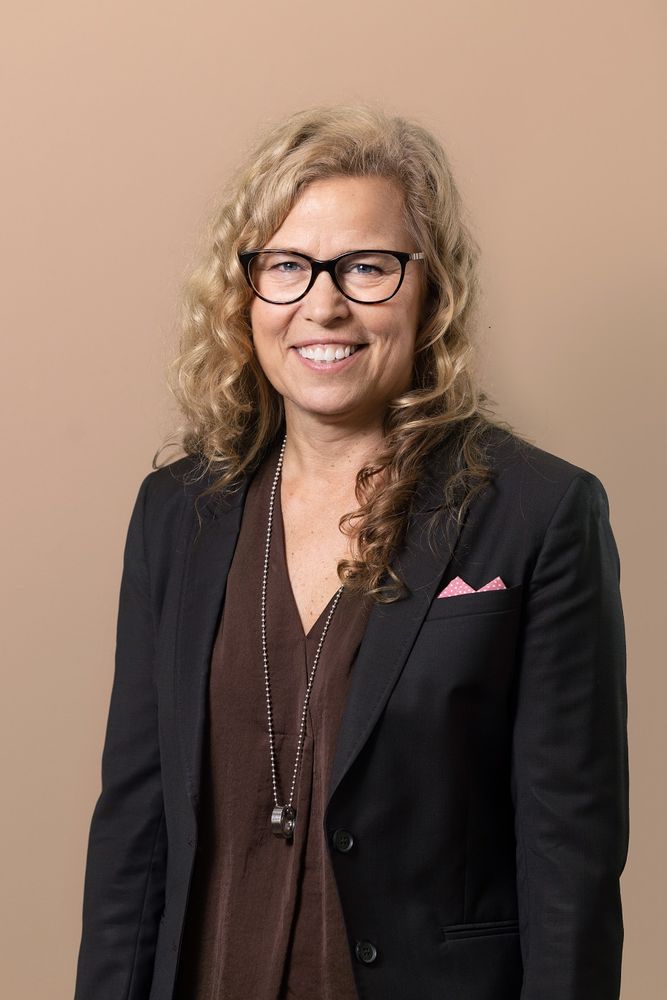A year of fast-paced change
A fast pace of change means new demands on and expectations of the role of CFO. A CFO today is expected to be a visionary and lead the organisation through changes, which is a shift from the traditional role where the main focus was on historical data to inform the decision-making process. Today, looking into the future is just as important as looking at the past. New areas are being added and this requires current finance departments to have a broader range of skills.

2023 was a year of increased demand in the hotel market but also a year of rising interest base rates and inflation. Although the revenue-based rents in our business model do provide protection against inflation, rising base rates call for good planning and, above all, planning well in advance. Early in the year we increased the percentage of our loan portfolio for which interest rates are hedged. More precisely, 76 percent is now hedged for a few years into the future and this allows us to better predict our interest expense in the years ahead.
Our financing, which consists exclusively of bank loans, gives us a stable loan portfolio, but also gives us continued access to liquidity on good terms with our Nordic and international banking partners.
Pandox’s first sustainability-linked bank loan is now in place. This is an important milestone and a stamp of quality for our sustainability work. Sustainability is integrated into our operations and we have ambitious targets for our CO2 emissions, risk management and governance.
Our science-based targets were approved by the SBTi in October. These targets set the course for
our continued sustainability work and ensure that we are focused on the areas that cause Pandox’s largest CO2 emissions. The new Corporate Sustainability Reporting Directive (CSRD)
will in all probability be further developed. We chose to start reporting in accordance with the
European Sustainability Reporting Standards (ESRS) in 2023; however, this is probably only the beginning of what the final reporting structure will look like. This is reminiscent of how it was to work according to the IFRS when those standards were new and unfamiliar.
"Our financing, which consists exclusively of bank loans, gives us a stable loan portfolio, but also gives us continued access to liquidity on good terms with our Nordic and international banking partners.

Internally we have continued on our efficiency improvement path. We have reviewed our financial platform and asked ourselves the difficult question of whether we are working in the right way and which additional changes and improvements we can make. Within the organisation it is important that we have many different skills and talents – technical and data analysis skills as well as traditional accounting expertise – working together in a modern financial department.
Anyone who has tried changing the way they work knows that breaking a habit is much more difficult than we might think, but working on change is also both enjoyable and rewarding.
Finding a balance between the past and the future perspective while also expanding the agenda is a big challenge. At the same time, it is a fantastic opportunity to build for the future in a new and modern way while allowing part of history to serve as a foundation for what is to come.
Stockholm in March 2024
Anneli Lindblom
